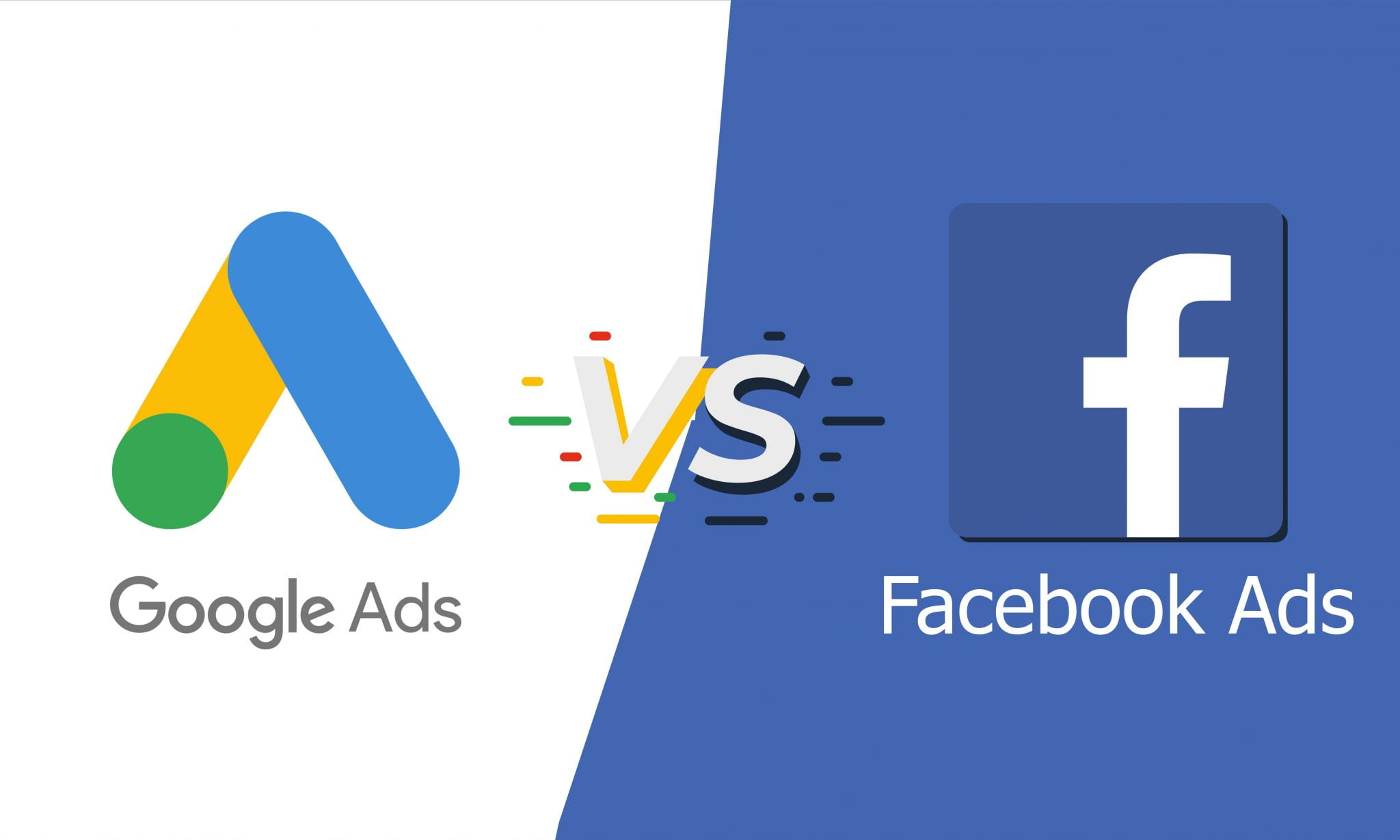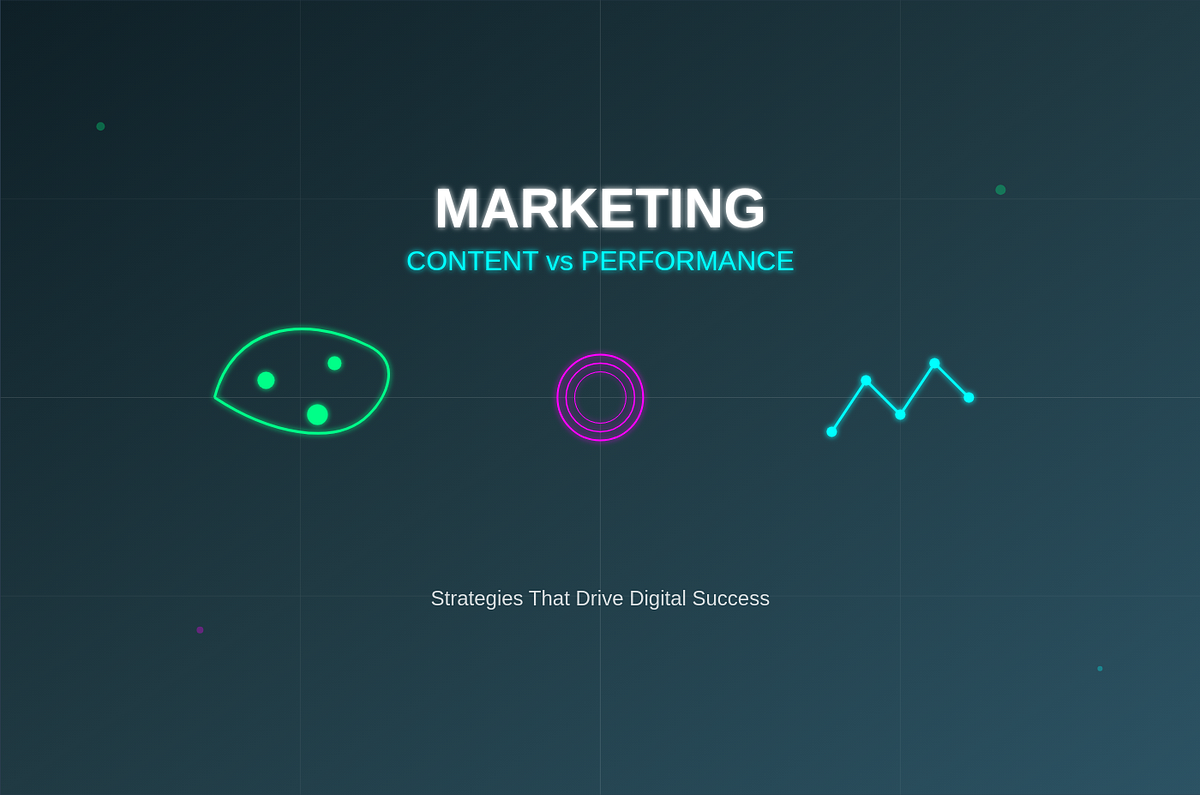Facebook Ads vs Google Ads: Where to Invest Your 2025 Marketing Budget
With advertising platforms continuing to evolve and digital marketing budgets facing increased scrutiny, choosing the right platform for your ad spend has never been more critical. This comprehensive comparison between Facebook Ads and Google Ads will help you make data-driven decisions about where to allocate your marketing budget in 2025.
Platform Evolution: What’s Changed in 2025
Facebook Ads Developments
- Advanced AI-driven audience segmentation allowing for behavioral prediction beyond past interactions
- Immersive AR/VR ad experiences with significantly higher engagement rates
- Shop integration maturation creating seamless in-platform purchasing journeys
- Enhanced privacy controls balancing personalization with stricter data regulations
- Predictive ROAS metrics providing pre-campaign return forecasting
Google Ads Developments
- Zero-keyword search campaigns utilizing pure intent signals and behavior patterns
- Visual search ad integration allowing products to be discovered through image recognition
- Expanded Performance Max adoption across more industries and use cases
- Voice search advertising maturity with specific formats for smart speaker responses
- Enhanced first-party data utilization with Google’s privacy-focused measurement solutions
Comparative Performance Metrics
| Metric | Facebook Ads | Google Ads |
|---|---|---|
| Average CPC (2025) | $1.72-$3.60 | $2.40-$5.26 |
| Average Conversion Rate | 1.8%-4.2% | 3.6%-5.8% |
| Average ROAS | 6.5x | 8.2x |
| Brand Awareness Lift | 24%-38% | 16%-22% |
| Average Customer Acquisition Cost | $23.50-$48.00 | $36.40-$72.20 |
When to Choose Facebook Ads
Business Scenarios Ideal for Facebook Ads
- B2C products with visual appeal that benefit from lifestyle presentations
- Early-stage brand building where awareness metrics matter more than direct conversion
- Community-focused businesses that benefit from social proof and engagement
- Remarketing to engaged audiences who have previously interacted with your brand
- Products with viral or sharing potential that benefit from social distribution
Case Study: Fashion Retailer Success
A mid-sized fashion brand allocated 70% of their Q1 2025 budget to Facebook’s platforms, implementing:
- Shoppable AR try-on experiences for new collection items
- Dynamic catalog ads with personalized outfit recommendations
- Strategic influencer amplification within platform ecosystems
Results:
- 41% increase in ROAS compared to traditional product ads
- 3.2x higher engagement rate with AR-enabled content
- 28% lower cost per acquisition than previous campaigns
- 189% increase in user-generated content featuring products
When to Choose Google Ads
Business Scenarios Ideal for Google Ads
- Service businesses with high purchase intent that target customers actively searching for solutions
- Local businesses requiring geographic-specific visibility
- B2B companies with longer sales cycles requiring multiple touchpoints
- Industries with high-value purchases where research is a critical component
- Direct response campaigns with specific conversion goals
Case Study: SaaS Company Investment
An enterprise SaaS provider focused 65% of their budget on Google’s ecosystem, implementing:
- Zero-keyword search campaigns targeting solution-seeking behaviors
- Performance Max campaigns spanning Search, Display, YouTube, and Discover
- Intent-based video targeting with sequential messaging based on funnel position
Results:
- 37% reduction in customer acquisition cost
- 42% increase in qualified lead volume
- 3.6x higher conversion rate for demo requests
- 28% improvement in ROI compared to previous targeting methods
The Hybrid Approach: Strategic Budget Allocation
Most successful marketing strategies in 2025 leverage both platforms strategically. Here’s a framework for determining your optimal split:
When to Weight Toward Facebook (60%+ of Budget)
- Your target audience spends significant time on social platforms
- Your product has strong visual appeal and benefits from demonstration
- You have strong content creation capabilities
- Your sales cycle benefits from relationship building
- Your audience responds well to social proof
When to Weight Toward Google (60%+ of Budget)
- Your customers actively search for your product/solution
- You offer immediate solutions to specific problems
- You have high-intent, transactional keywords to target
- Your service has local relevance
- Your conversion path is relatively short
Implementation Strategy for 2025
- Unified measurement framework - Implement consistent attribution modeling across both platforms
- Cross-platform audience sharing - Utilize your first-party data strategically across both ecosystems
- Complementary messaging strategy - Create awareness on Facebook and capture demand on Google
- Integrated testing calendar - Coordinate experiments across platforms to prevent conflicting variables
- Platform-specific creative optimization - Customize your assets for each platform’s unique environment
Conclusion
The Facebook vs. Google debate is no longer an either/or proposition in 2025. The most successful digital marketing strategies leverage both platforms based on their unique strengths while maintaining consistent measurement frameworks. By understanding each platform’s evolving capabilities and aligning them with your specific business objectives, you can create a synergistic approach that maximizes your marketing ROI.
Start with a thorough analysis of your customer journey, identify where each platform can add the most value, and build a hybrid strategy that leverages the strengths of both Facebook and Google to drive sustainable business growth.




